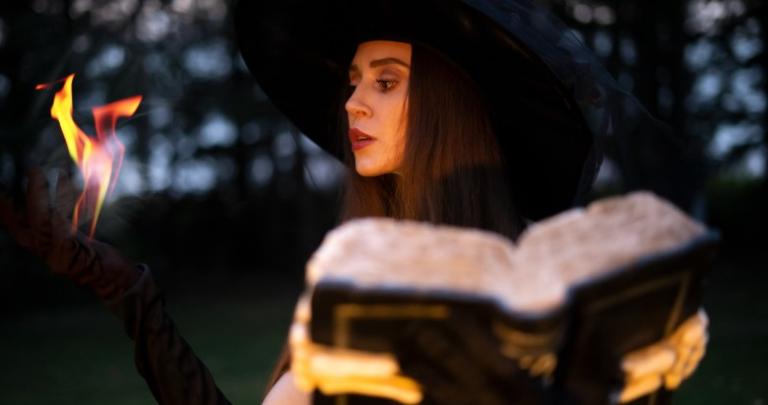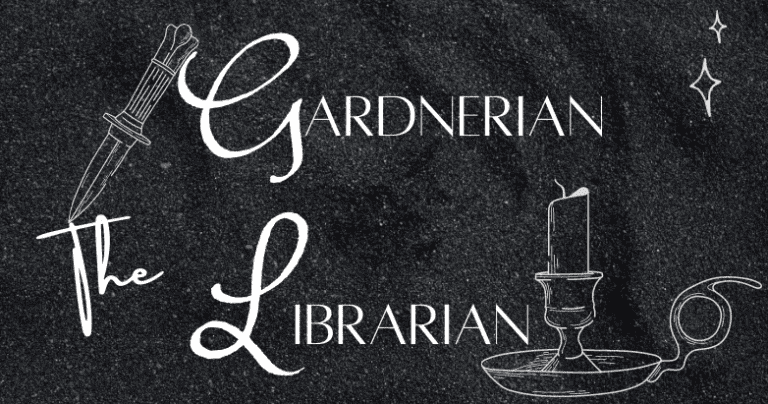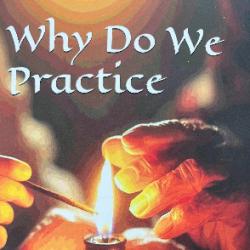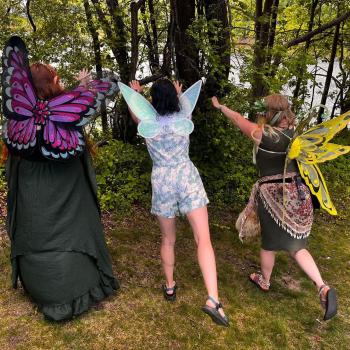Part of my job is teaching college students how to do research and to use our library’s resources, such as databases. I was recently embedded into a course, meaning I am very familiar with the course’s assignments and research requirements. It also means the students can expect to work closely with me over the course of the entire semester.
Last week, I met with a class three times. The first day, I introduced them to a research guide I tailored to their class assignments and also how to use one of our research databases. The next two class days, they were given the opportunity to use their class time for doing research and writing their papers. Both the professor and I were available to assist, as needed. Teachers that allow class time for research and writing are godsends, honestly. To me, this is where the real instruction can take place.
Over the course of those three days, I noticed something: a decent number of the students’ topics were too broad. Why is this a problem? Because they were attempting to use a resource designed for advanced research too early on in their projects. Advanced research requires a certain familiarity with a topic because the type of information you’re likely to encounter is written by experts in the field. If you, as the researcher, aren’t familiar enough with a topic then the information will likely be perplexing. This is not to say that people aren’t smart enough to figure it out but it can lead to incorrectly contextualizing information and/or frustration.
It Starts With a Question

It is okay to use Wikipedia when you’re learning something new. It is okay to Google shit (literally or figuratively). If you come across something that is outside of your wheelhouse – admit it and then decide whether or not you want to commit to learning it. The beginning stages of learning look pretty similar for most people: they start with a question. “What is a stang?” “Who was Ray Buckland?” “Where can I find a coven?” “When is Yule?”
From the question stage, we often move on to a) browsing the Internet or b) asking a trusted family member or friend. Testimony is important to information seekers, which is why we often see the same questions over and over in a group designed for beginners. How many of us have asked our friends what they thought about a product, even if the thousands of online reviews say it’s good? It’s because information-seeking boils down to one thing: who we trust. If experience has taught us that our friends or family have rarely steered us wrong then we’re much more likely to trust them over Internet strangers. If we’ve experienced the opposite then we’re more likely to seek out the opinions of strangers. Information seeking behavior is fascinating.
We make decisions based on the information we gather. There’s a certain point at which our brains decide we have “enough information” to take action based on that information. That point is different for each person. For some, the point exists after we ask a friend or family member or following a few Internet searches. For others, the point is a combination of personal opinion, research, testimonials, and experience. The thing is that these behaviors can be modified if we want them to be. At any given moment, we can decide that testimony is no longer good enough. We can also decide that we’ll dedicate serious research to some things but not to others.
It’s Okay to Not Know Things
Sometimes it feels like people care more about being portrayed as knowledgeable than actually knowing the material. Many of us are adverse to being a beginner or novice because we associate it with ignorance. At what point did we collectively decide that being new to a subject is embarrassing or bad? Why have we become ashamed of not knowing something? Why do we put so much damn pressure on knowing so much (or looking like we do)? Shit, I do it to myself all the time. I tend to be more tolerant of and patient with others’ lack of knowledge than my own. I think it has a lot to do with expectations – of self and of others. We expect a lot and we demand even more, which can lead us down a road of deep disappointment.
Maybe you need to hear this today: it is okay if you do not know something. It is okay to ask genuine questions. It is okay to be new, to be a beginner, to be a “baby witch”, to be a newb, and a novice. Someone can have a decade’s worth of experience in one thing and still be a complete newb in another. Anyone that judges you for your beginner status is a douchebag. Say it with me: “F this. F them. F that.” Don’t be the person that shits all over a newbie. You were there once, too. Let’s not continue to perpetuate a cycle of intolerance based on inflated, fragile egos.
Follow me on Instagram @thegardnerianlibrarian !
Listen to Jason Mankey’s interview of me on Witches, Whisky, & Wit!
















